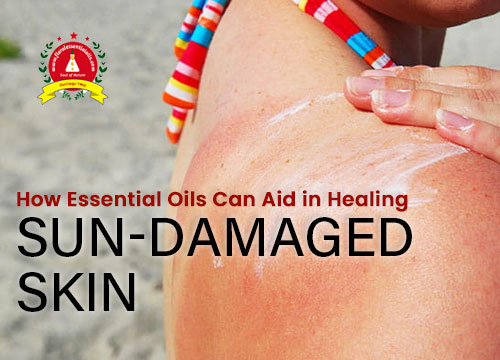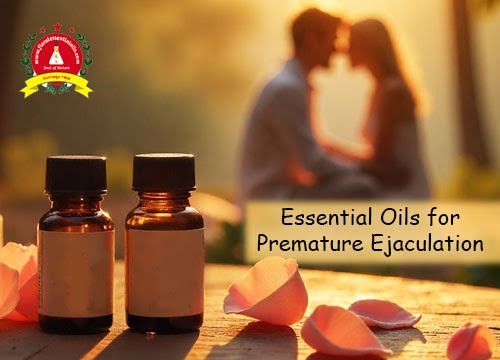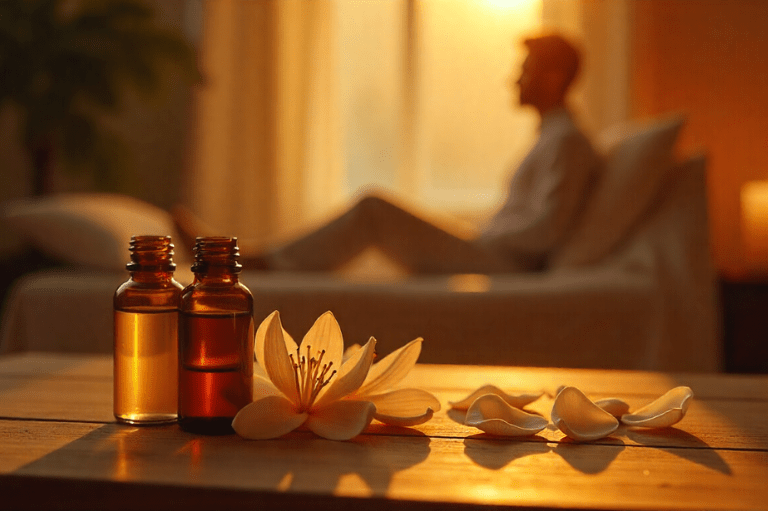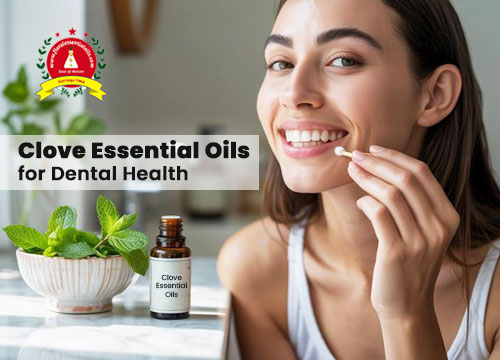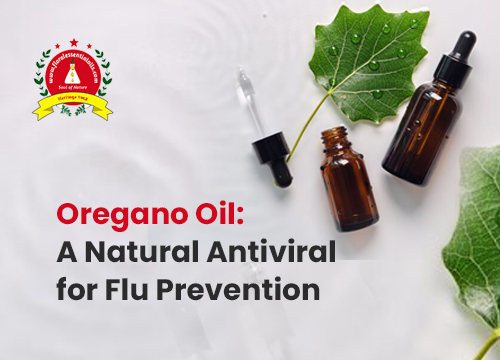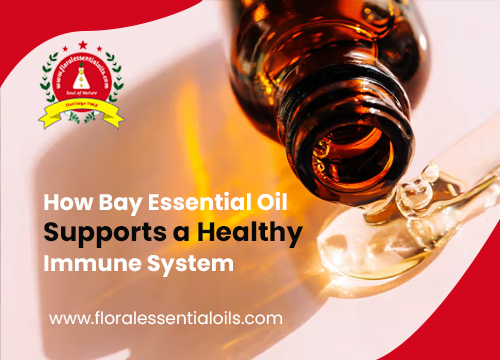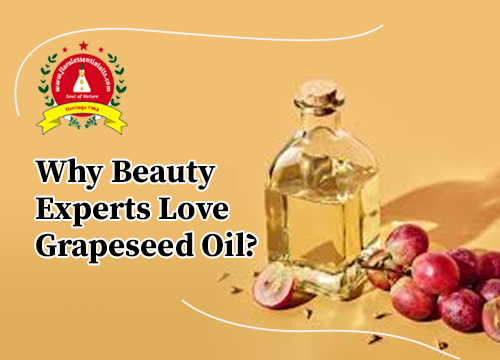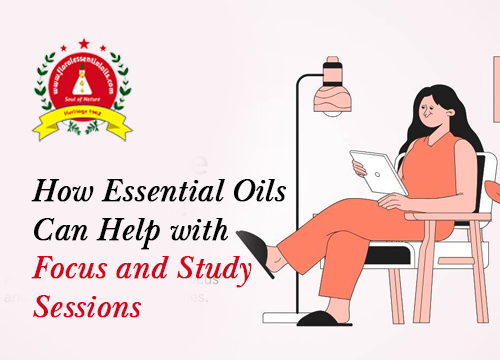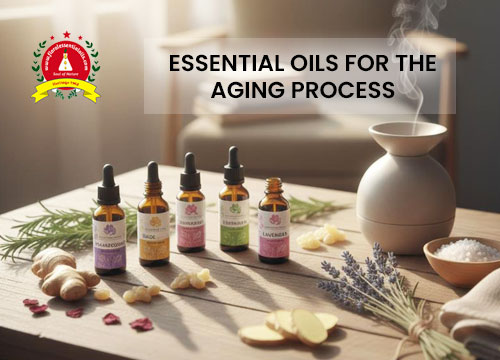As temperatures rise, so does our need for reliable sun protection. While sunscreen remains essential, there’s growing interest in essential oils for sun protection natural oils packed with antioxidants, vitamins, and healing properties that can help defend your skin from UV damage. Let’s explore how these oils can enhance your skincare routine and where to find the best essential oils suppliers in India.
What Sun Damage Means: It’s More than Burning Skin
To tackle the solutions, we first need to grasp what the issue is. Sun damage happens when ultraviolet rays go deep into the skin. This results in things like sunburn right away and issues like wrinkles dark spots, or saggy skin over time. This occurs because of oxidative stress. Free radicals, which are unstable molecules, harm the cells in your skin during this process.
How Essential Oils Help in Healing: What Makes Them Effective?
Essential oils come from plants—flowers, seeds, roots, or leaves—and are super concentrated extracts. They carry the natural benefits of the plant they come from. These oils offer several helpful ways to repair and heal skin affected by the sun.
- Potent Antioxidants: A lot of essential oils contain antioxidants. These help neutralize free radicals from UV exposure. This prevents more harm and aids the skin in healing itself .
- Reducing Inflammation: Inflammation happens with sunburn. Oils like lavender and myrrh help ease redness and swelling. They can also relieve the burning sensation.
- Helping Skin Heal: Certain oils boost cell repair and renewal. This helps fix injured tissue and brings back the skin’s healthy look.
Best Essential Oils to Soothe and Repair Skin Hurt by the Sun
No essential oil can fix severe sun damage by itself, but some oils assist well in the healing process.
1. Lavender Essential Oil
Lavender oil known for its relaxing smell, works great in soothing sunburned skin. It lessens redness, reduces pain, and helps the skin heal making it useful after exposure to the sun.
2. Helichrysum Essential Oil
People often call Helichrysum “the everlasting flower” because it aids skin repair. It helps fade sun spots, refreshes harmed skin, and improves overall skin tone.
3. Carrot Seed Essential Oil
Carrot Seed oil contains beta-carotene and a mix of vitamins like A and E. It does more than just help prevent issues. This oil works to repair damage from UV rays and to build stronger healthier skin.
4. Myrrh Essential Oil
Used in skincare for ages, Myrrh oil brings powerful anti-inflammatory abilities and helps renew the skin. It provides protection against ongoing harm from oxidative stress and works to make skin firmer something that sun exposure often weakens.
5. Frankincense Essential Oil
Frankincense might not have shown up in the original list, but it stands out in healing. It reduces visible age spots and damage from the sun. It also helps tighten the skin and supports the growth of fresh cells.
Your DIY Blend to Heal After Sun
This calming recipe aims to offer quick relief and help with lasting recovery. Make sure to do a patch test beforehand.
Gentle After-Sun Relief and Repair Oil
- What You Need:
- 5 drops of Lavender Essential Oil (calms and helps reduce swelling)
- 5 drops of Helichrysum Essential Oil (promotes healing and renewal)
- 1 tablespoon of Aloe Vera Gel (refreshes and adds moisture)
- 1 tablespoon of Coconut Oil or Jojoba Oil (used to dilute and nourish the skin)
- Steps to Make It:
- Take a small dark glass bottle. Add aloe vera gel and the carrier oil you prefer.
- Put in the Lavender and Helichrysum essential oils.
- Shake the bottle to mix everything together. Take a shower with cool water and then rub a little of this mix on the problem spots. Keep it stored somewhere cool and away from light.
Tips to Use Essential Oils on Sun-Damaged Skin
You should always prioritize safety when treating sensitive or damaged skin.
- Dilute First: Do not put essential oils straight onto your skin. Combine them with a carrier oil such as coconut, jojoba, or almond oil to avoid causing irritation.
- Watch for Photosensitivity: Skip using citrus oils like orange, lemon, or bergamot if your skin will be in the sun over the next day. These oils can make skin more sensitive and might lead to burns.
- Test on a Small Spot: Rub a little of your diluted mix on the inside of your elbow and wait a full day to see if your skin reacts .
The Takeaway: A Supportive Option
You need to know that essential oils cannot take the place of sunscreen or proper medical care in dealing with serious burns. They work better as an added support. Use them as a natural aid that helps your skin bounce back and heal after being in the sun.
When you use these plant-based extracts in your after-sun routine, they can help your skin feel calm, restored, and refreshed bringing back its healthy look over time.
